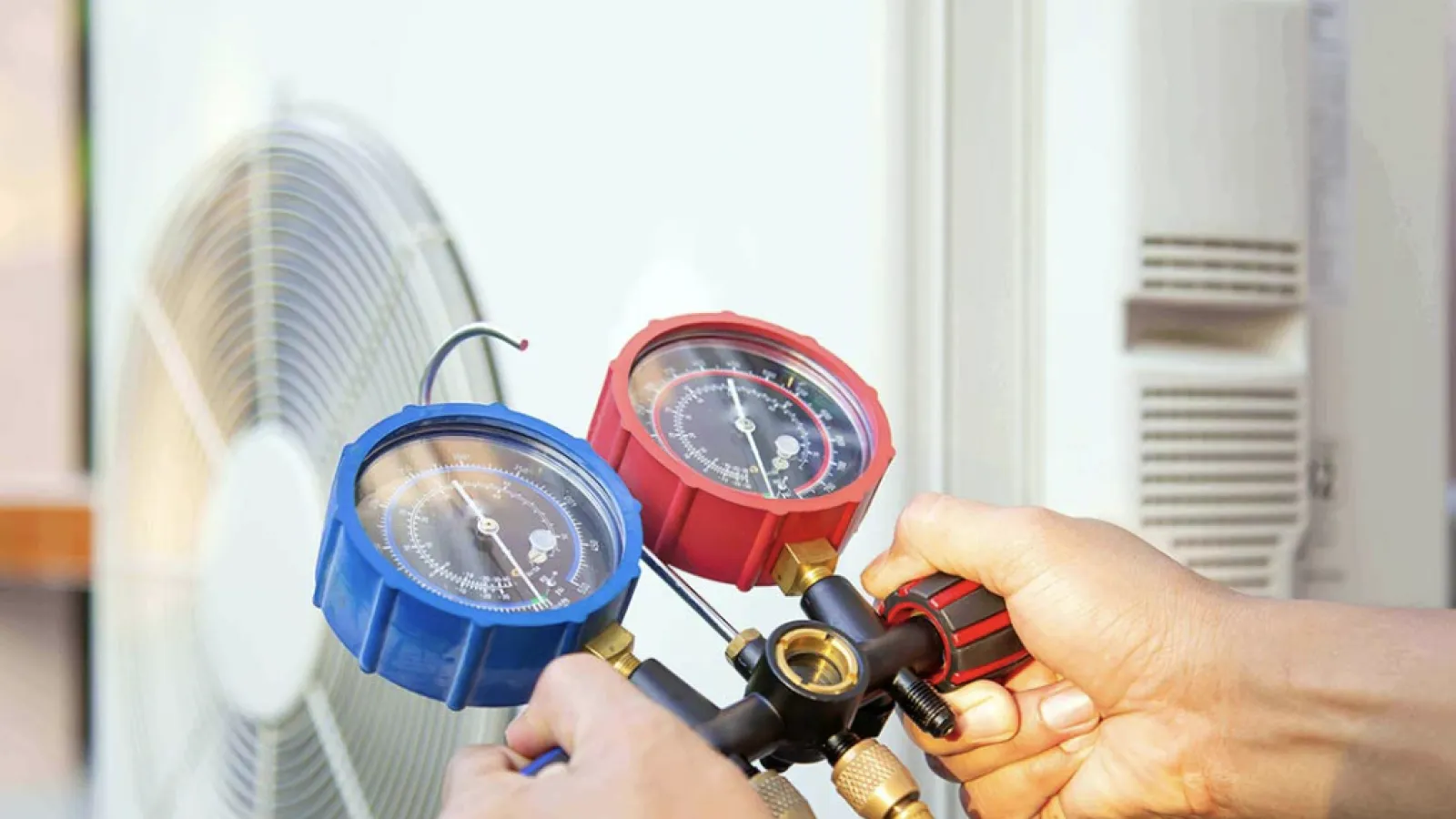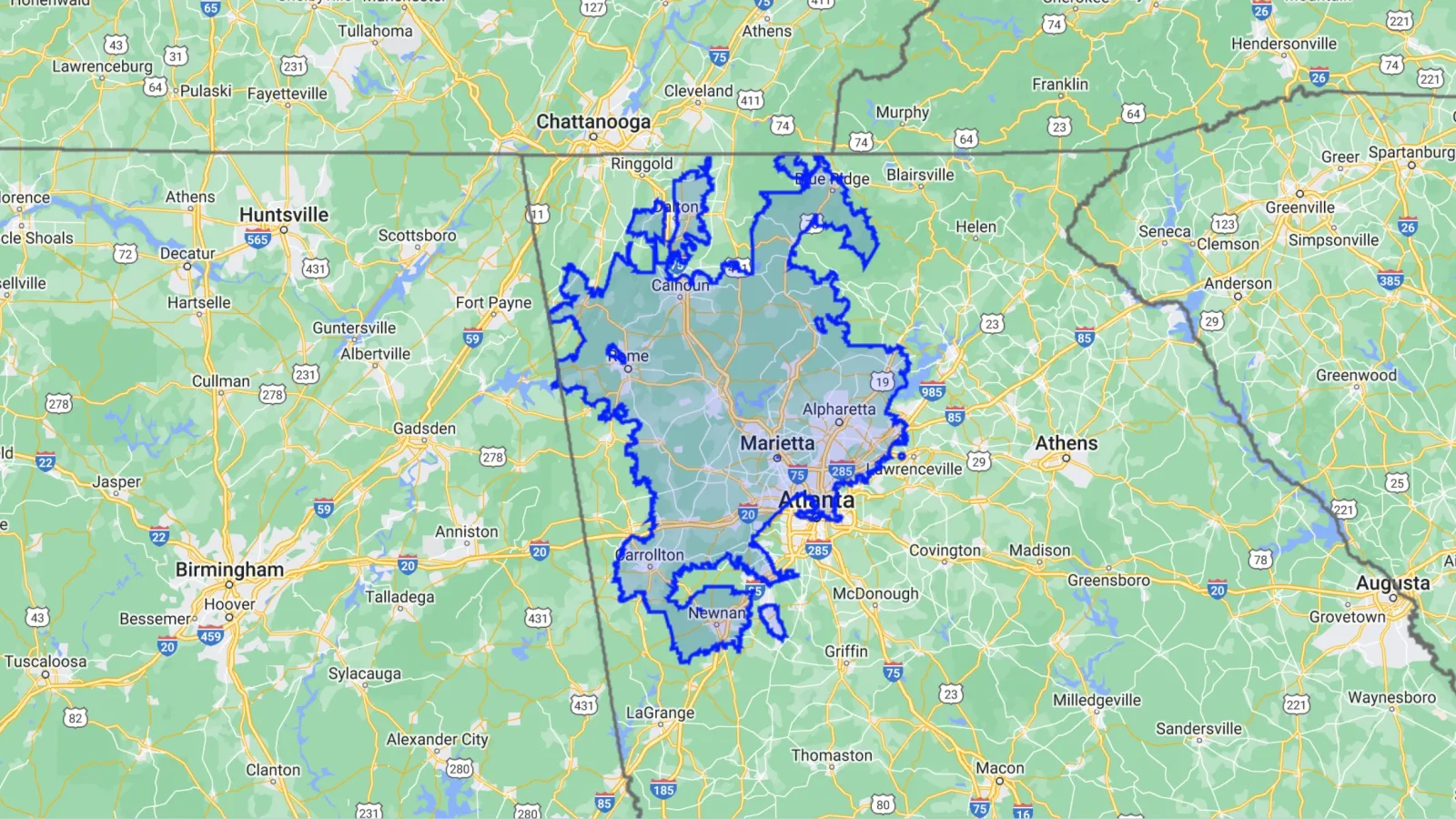If your air conditioner isn't cooling like it used to, or you've noticed strange hissing sounds or ice forming on your unit, you might be dealing with a refrigerant leak. It's one of the most common issues HVAC systems face—but also one of the most misunderstood.
Let's break down what a refrigerant leak means, what causes it, and what kind of repairs you may need to keep your home comfortable again.
What Is Refrigerant and Why Does It Matter?
Refrigerant is the chemical compound that your air conditioner uses to absorb heat from inside your home and release it outside. It cycles through your system in a closed loop, turning from liquid to gas and back again. It's essentially the lifeblood of your HVAC system—without it, your AC simply can't cool your home.
When there's a leak, the system loses refrigerant, reducing its cooling power. It starts to work harder, less efficiently, and eventually may stop working altogether.
What Causes Refrigerant Leaks?
Refrigerant doesn't get "used up" like gas in a car. If it's low, it's because it escaped from somewhere it shouldn't have. Here are a few common causes of HVAC refrigerant leaks:
1. Corrosion in Copper Lines
Over time, the copper coils and tubing that carry refrigerant can corrode, especially in humid climates like Metro Atlanta. This creates tiny holes where refrigerant can escape.
2. Factory Defects or Poor Installation
Sometimes, leaks are caused by faulty connections or components that weren't properly sealed during installation.
3. Vibration and Wear
Normal system vibrations can cause joints to loosen or parts to rub together, wearing away the metal and creating leaks.
4. Accidental Damage
Outdoor condenser coils can be damaged by lawn equipment, hail, or falling branches, creating cracks or punctures.
Signs You May Have a Refrigerant Leak
The earlier you catch a refrigerant leak, the better. Here are some signs to watch for:
-
Warm air blowing from your vents
-
Longer cooling cycles or system not keeping up with heat
-
Higher-than-usual energy bills
-
Hissing or bubbling noises from the unit
-
Ice buildup on the refrigerant lines or evaporator coil
-
Humidity levels rising inside your home
If you notice any of these symptoms, it's time to call a licensed HVAC technician for a proper diagnosis.
What to Expect from Refrigerant Leak Repairs
Fixing a refrigerant leak isn't just about "topping off the Freon." A professional repair involves:
1. Leak Detection
Technicians use tools like UV dye or electronic sniffers to locate the source of the leak.
2. Repair or Replacement
Depending on the location and severity, they may seal the leak, replace a damaged coil, or in some cases, recommend replacing the system if it's older and the damage is extensive.
3. Recharging the System
After the leak is fixed, your system is recharged with the correct type and amount of refrigerant (such as R-410A or the newer R-454B). Overcharging or undercharging can cause efficiency problems or even system damage.
4. System Testing
Once repairs are complete, the system is tested to ensure proper function, pressure levels, and cooling performance.
Trust Guardian Home Experts for Honest HVAC Repairs
At Guardian Home Experts, we help homeowners across **Metro Atlanta—including Alpharetta, Marietta, Kennesaw, Acworth, and beyond—**identify and repair refrigerant leaks quickly and affordably.
We don't just fix the symptoms—we get to the root of the problem. Our licensed HVAC technicians offer:
✅ Same-day diagnostics
✅ Flat-rate pricing (no surprise fees)
✅ Honest advice and long-term solutions
✅ Free estimates on system replacements if needed
Refrigerant leaks can lead to bigger (and more expensive) issues if left unchecked. Don't wait until your system breaks down in the middle of a Georgia heatwave! Contact Guardian today to check your system for refrigerant leaks.


